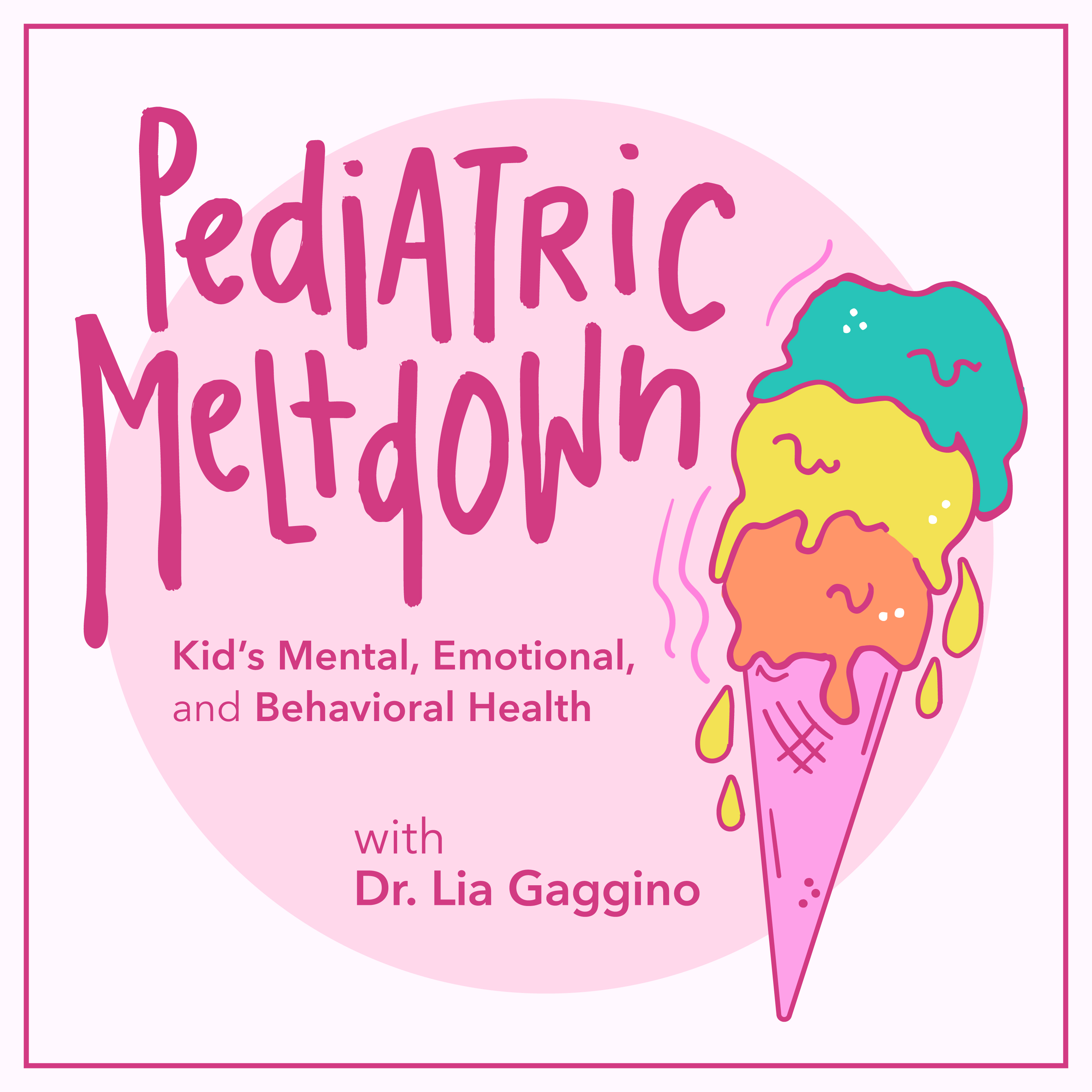
152 The Mysteries of Abdominal Pain: Disorders of the Gut-Brain Interactions
Podcast: Pediatric Meltdown
Autor:Lia Gaggino
https://swiy.co/WhatAreYourThoughtsWelcome to this week's Pediatric Meltdown Podcast, where host Dr. Lia Gaggino invites guests Dr. Bruno Chumpatazi and Dr. Amanda Deacy to unravel the mysteries behind chronic symptoms in children. Together, they delve into the complexities of post infectious IBS, highlighting the multifaceted causes that contribute to these symptoms. From altered pain perception and processing to the potential role of inflammation, the experts leave no stone unturned. Discover how food sensitivities, the microbiome, and seasonal allergies come into play in shaping the experience of chronic symptoms. Join us as we explore the multidisciplinary treatment plans, focusing on non-pharmacological interventions like relaxation training and cognitive behavioral therapy. It's time to gain a better understanding and listen, learn, and advocate for the multidisciplinary support and resources that these children and their families desperately need. Together, we can make a profound impact on their journey towards wellness. [09:24 -21:07] Impact and Contributing CausesDisorders of gut-brain interactions (DGBI) affect 25% or more of school children worldwide.Early life events, such as being born prematurely or having a nasogastric tube placed, can increase the risk of developing DGBI.Sensitizing medical events, like inflammation or infection, can trigger or exacerbate DGBI symptoms.Psychosocial factors, including depression, anxiety, family stress, and abuse, can also contribute to the development and severity of DGBI symptoms.[21:08 - 34:35] Preliminary testing for evaluating abdominal pain Acknowledge that the symptoms are real and not imaginedAvoid dichotomizing symptoms as either physical or psychologicalEmphasize the biopsychosocial nature of the conditionAvoid giving families the impression that medication is a quick fixInform families that the treatment may take time and require attention and coping strategies[34:36 - 48:43] Golden Rules in DGBI TreatmentAcknowledge that the symptoms are real and not imaginedAvoid dichotomizing symptoms as either physical or psychologicalEmphasize the biopsychosocial nature of the conditionAvoid giving families the impression that medication is a quick fixInform families that the treatment may take time and require attention and coping strategies[48:44 - 01:02:02] Non-pharmacological interventions for pediatric abdominal pain Importance of attention and cognitive processing in pain managementGradual physical rehabilitation to improve strength and staminaRelaxation training as a mechanism to decrease overall nervous system activationVarious techniques under relaxation training, including hypnotherapy and biofeedback trainingEducating adults (parents, teachers) on therapeutic approaches to influence the child's environment[1:02:03 - 01:08:11] Closing segment TakeawayYou can reach Dr. Bruno ChumpataziTwitter: @Dr_BrunoCYou can reach Dr. Amanda DeacyTwitter: @ADeacyPhDLinks to resources mentioned on the showHyams J et al. Functional Disorders: Children and Adolescents Gastroenterol 2016; 150:1456-1468. PMID: 27144632<a href="https://pubmed.ncbi.nlm.nih.gov/27144632/" rel="noopener...
Fecha de Publicación: 26 de julio de 2023
Duración: 1 hr 8 min
Añadir a Playlist

Episodios Relacionados
-
249. The Pediatric Meltdown Podcast: Behind the Scenes junio 4, 2025
-
248. Conversation with My Daughter: Soft Body Baddie mayo 28, 2025
-
247. Human Trafficking: What Pediatric Clinicians Must Know mayo 21, 2025
-
246. Pediatric Psychopharmacology: Tips for Prescribers mayo 15, 2025
-
245. When Sadness Looks Like Anger: Rethinking Pediatric Depression and Behavioral Activation mayo 7, 2025